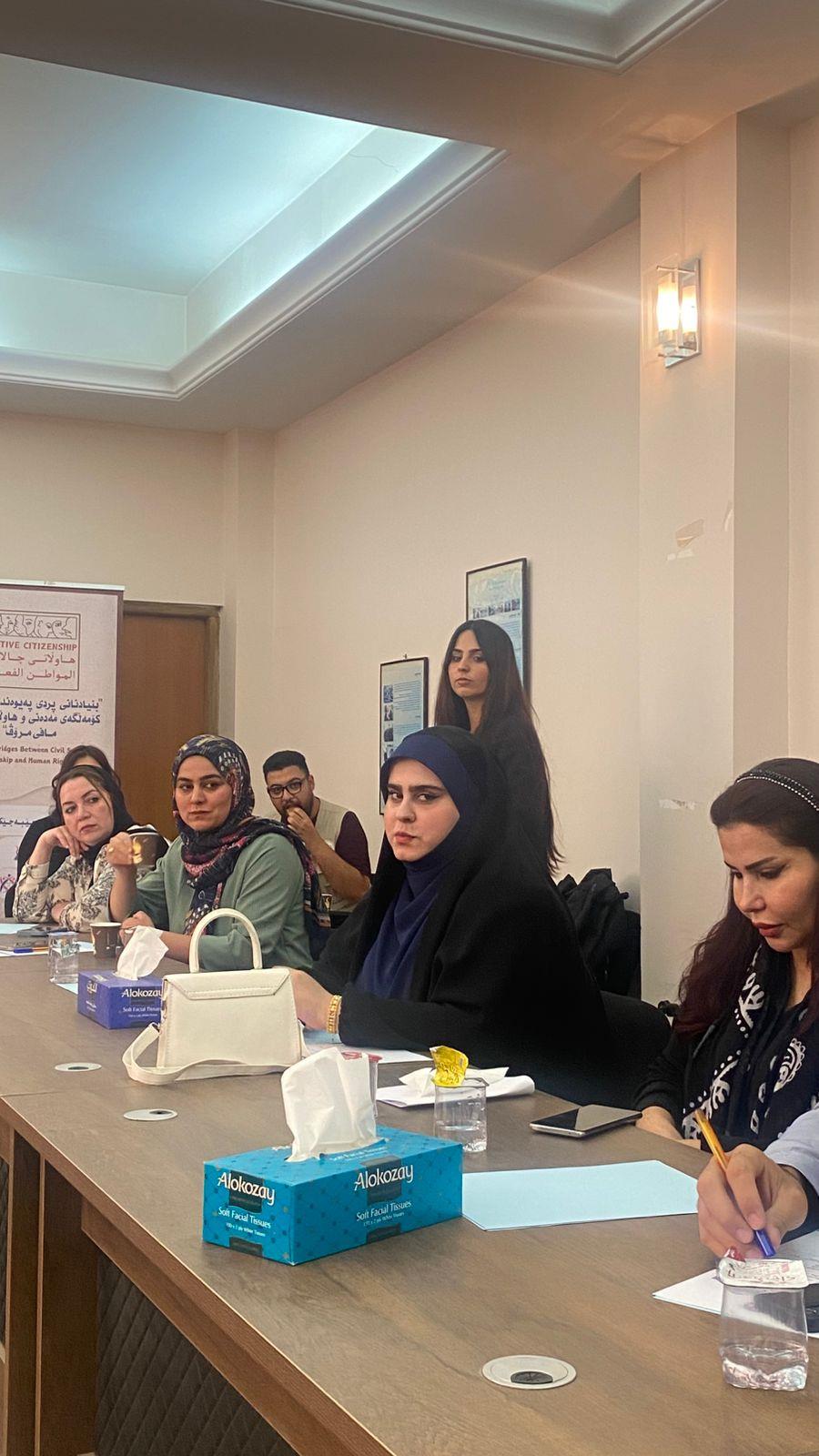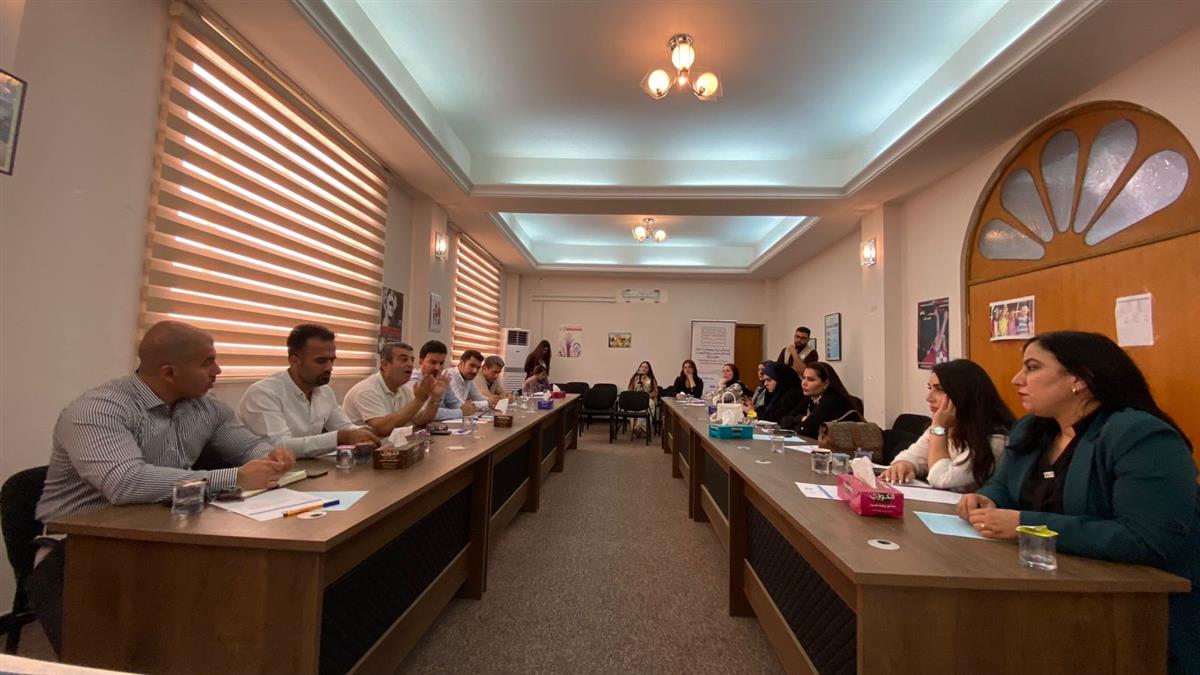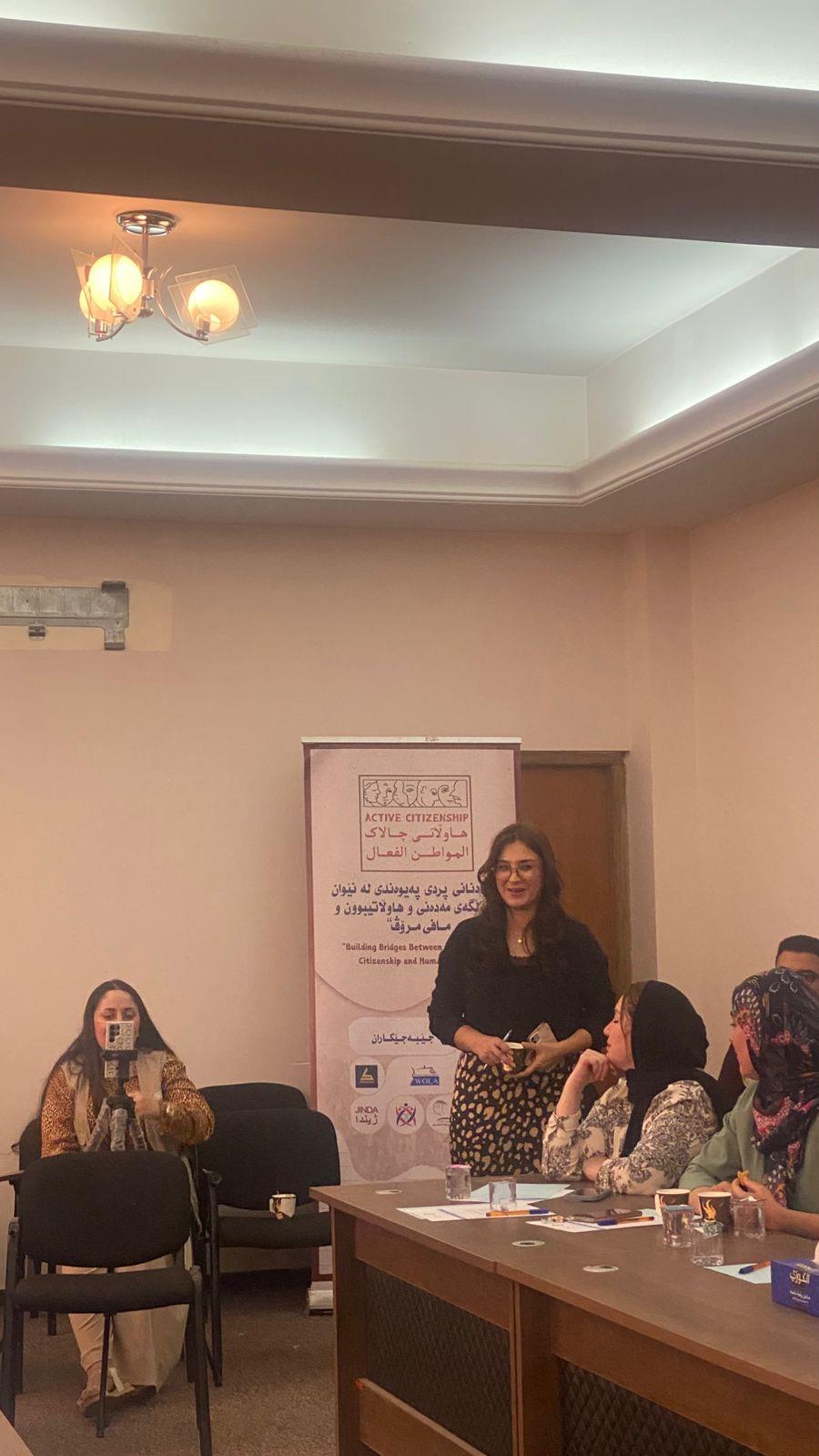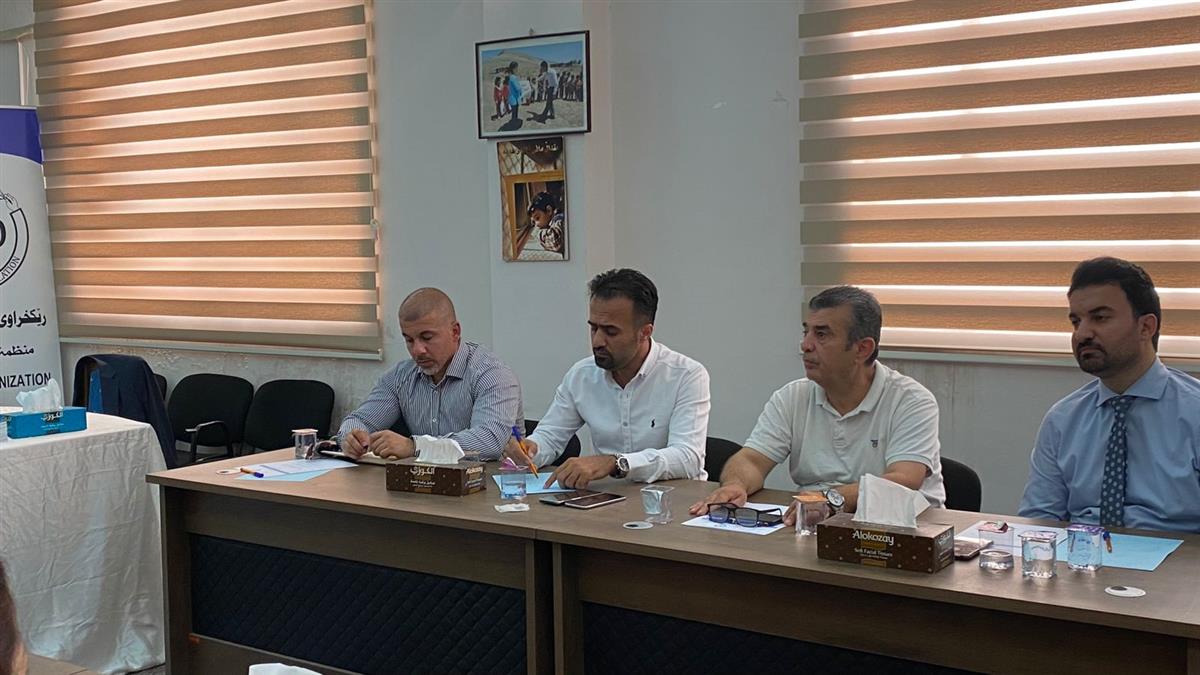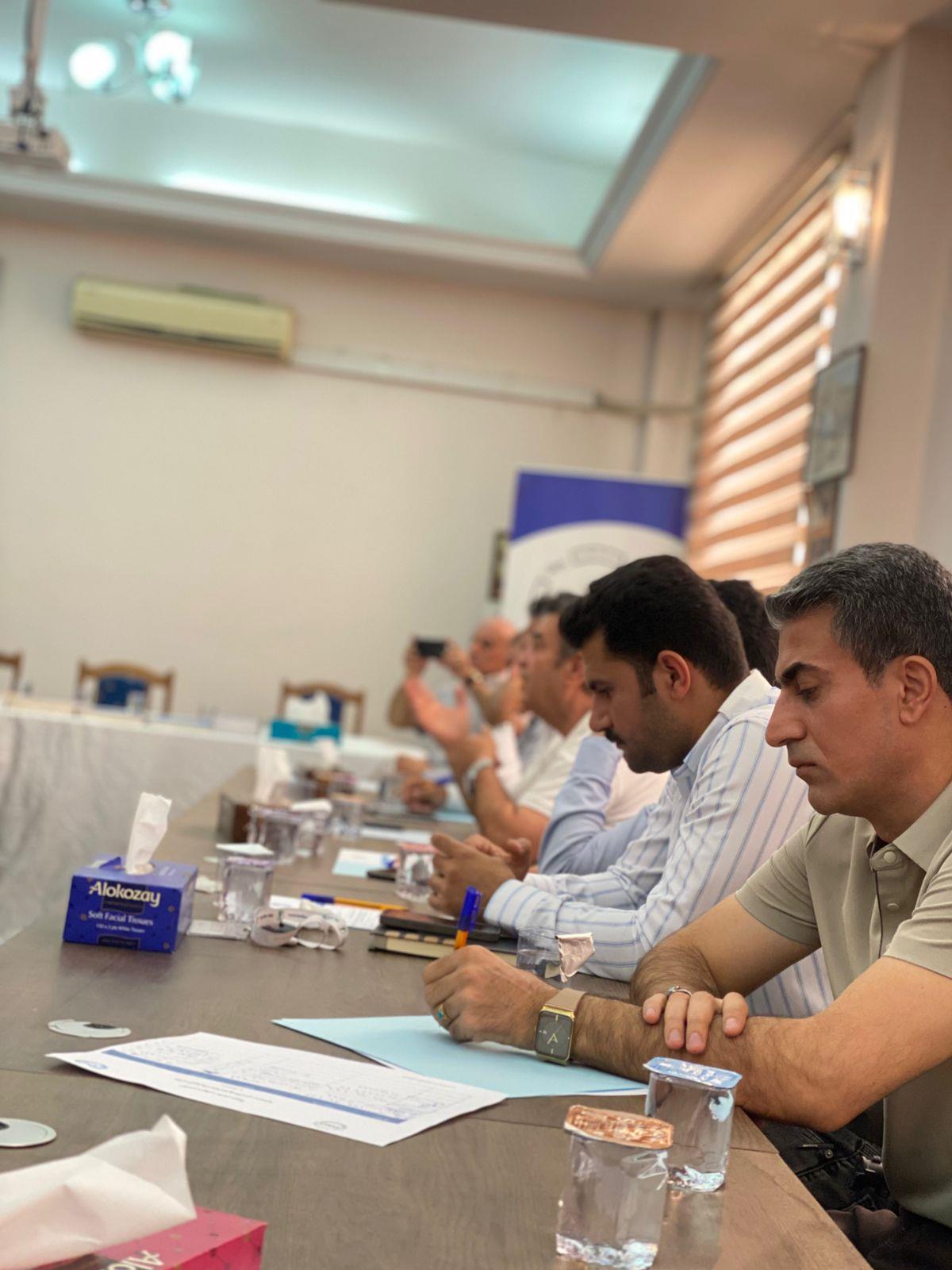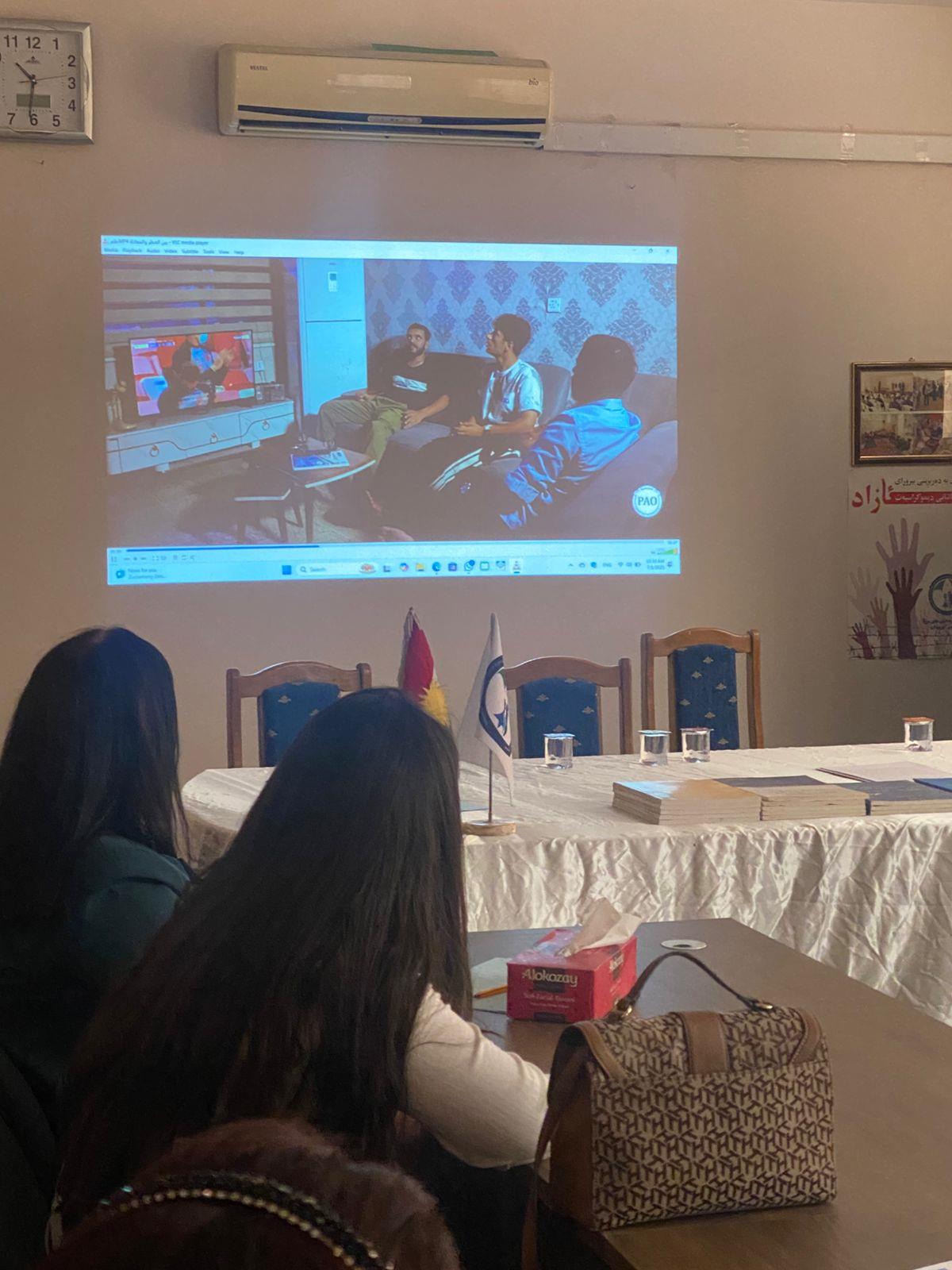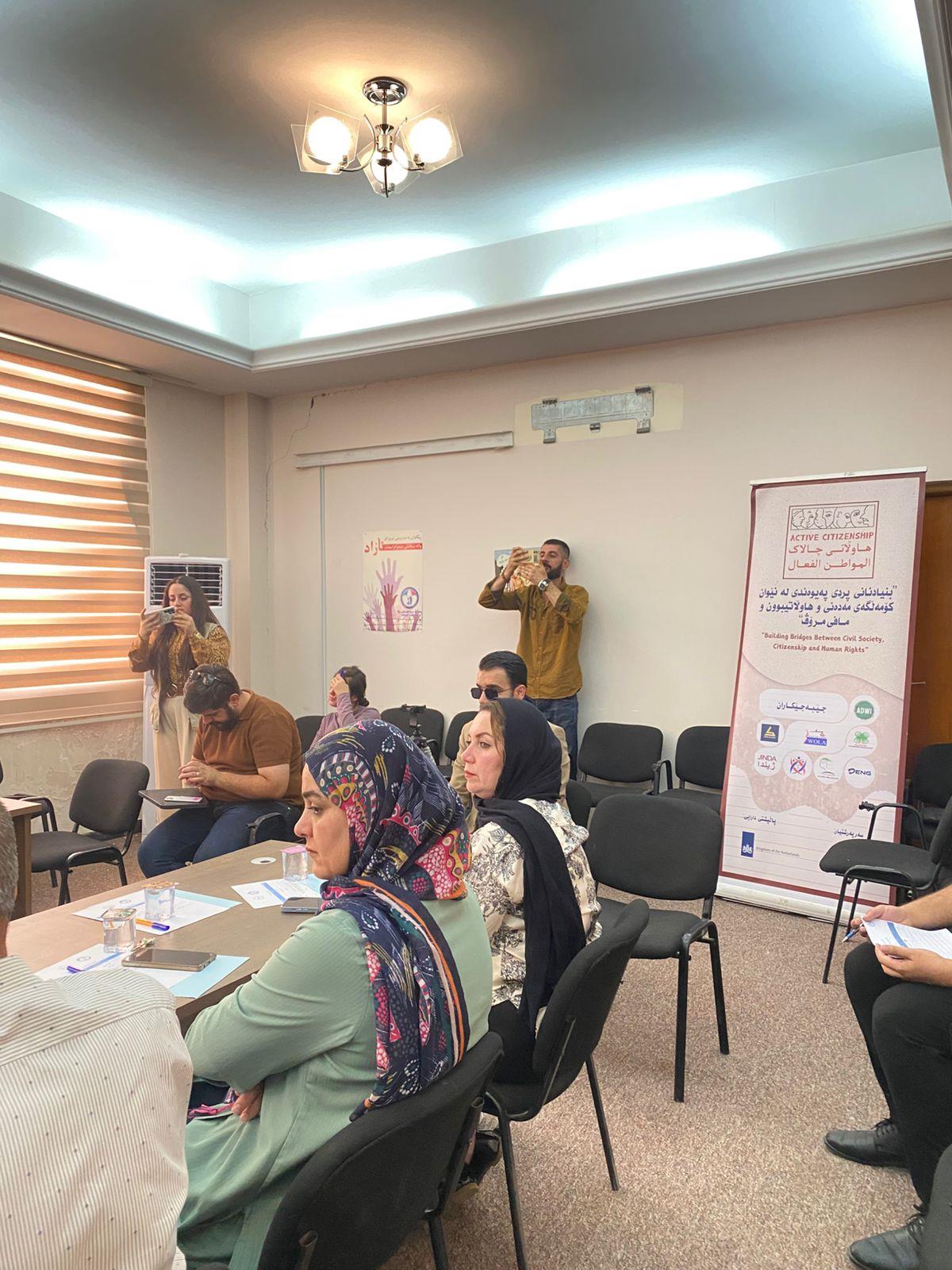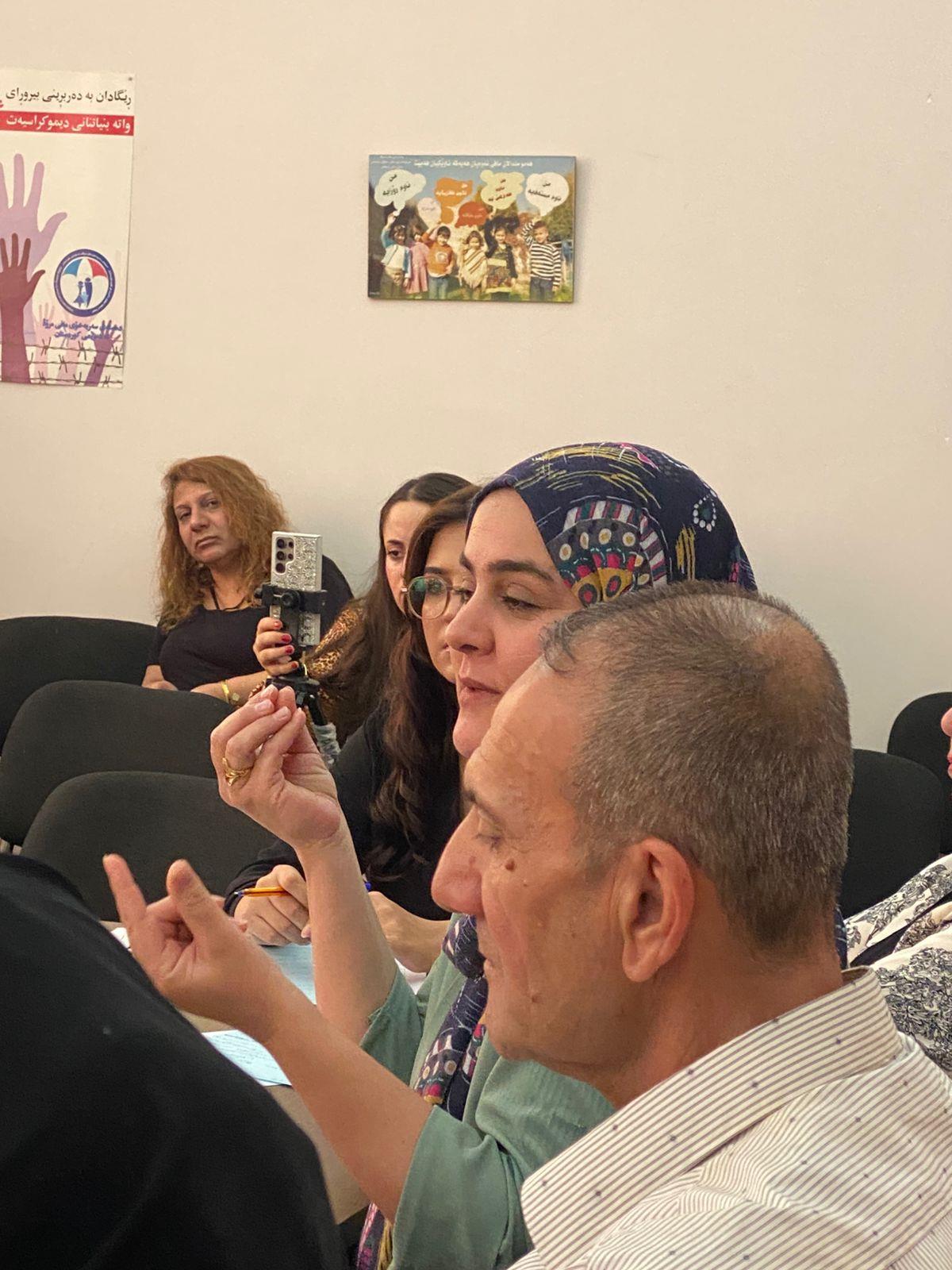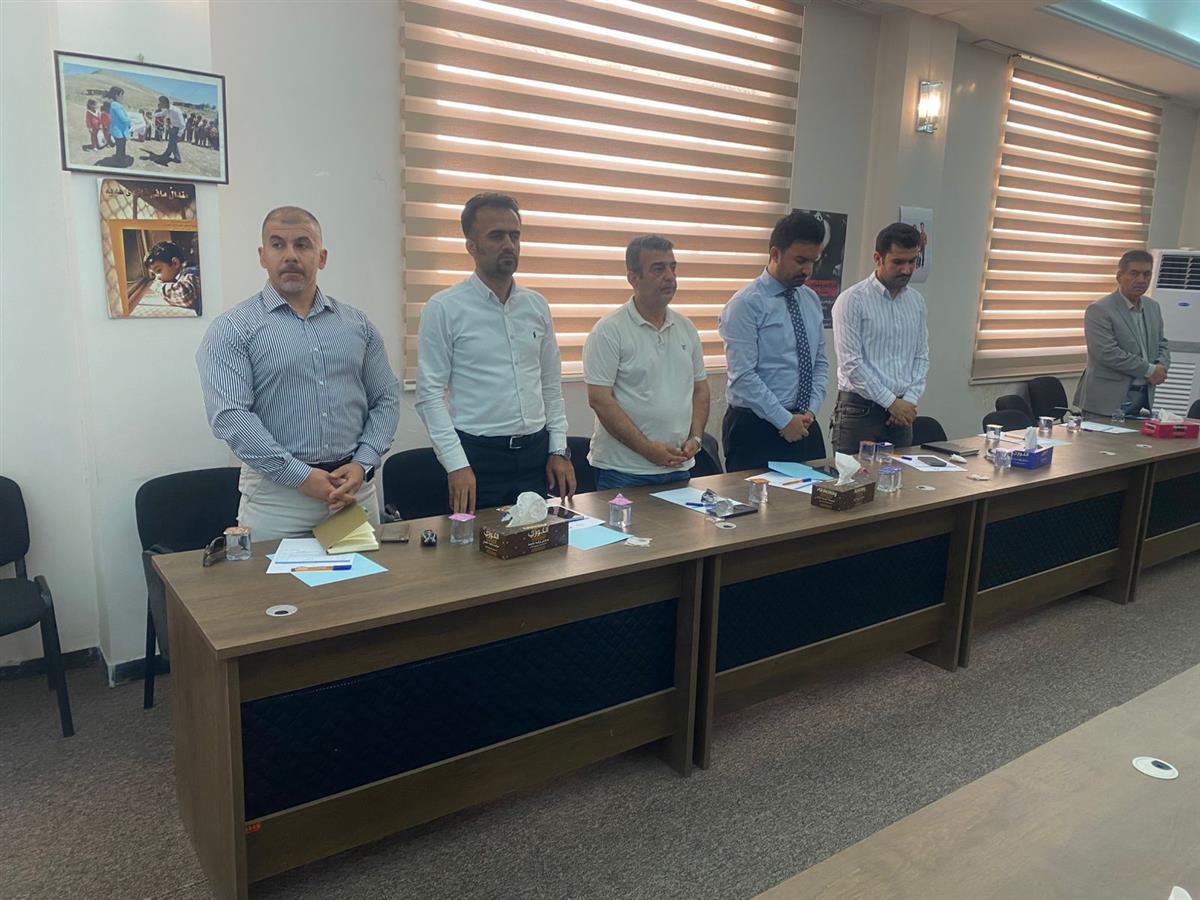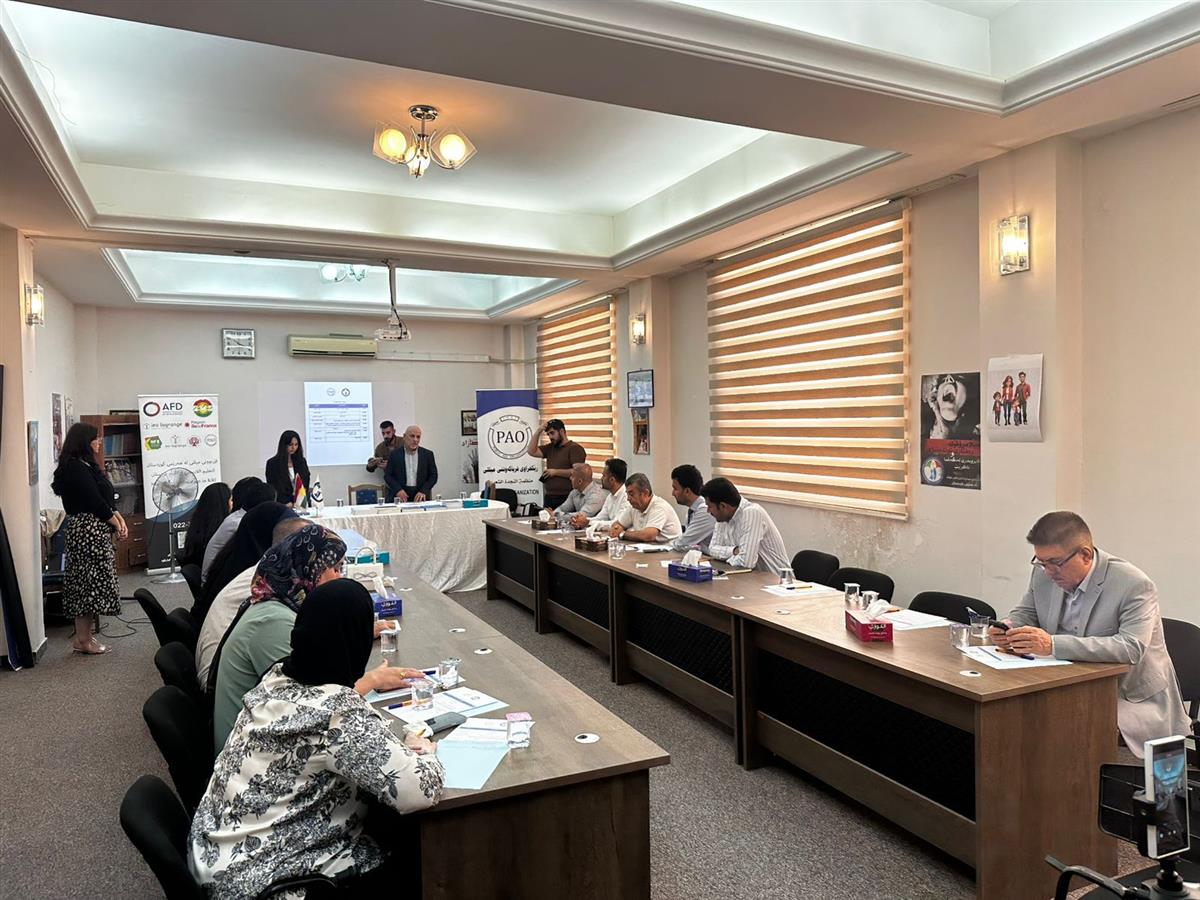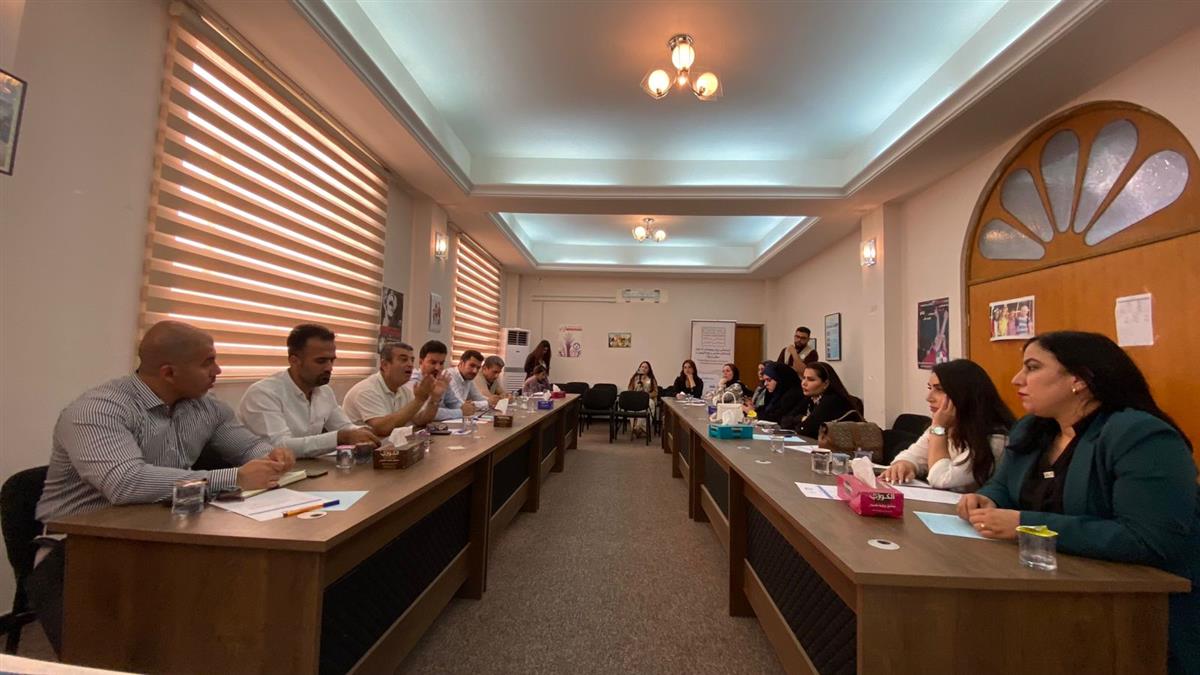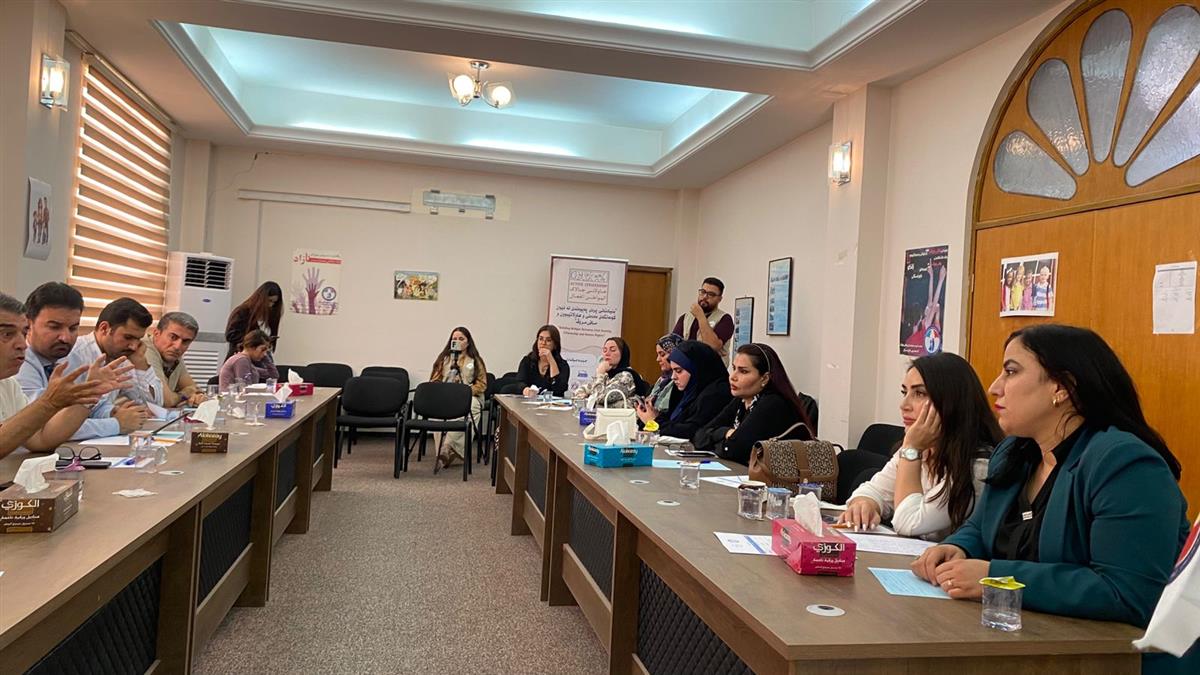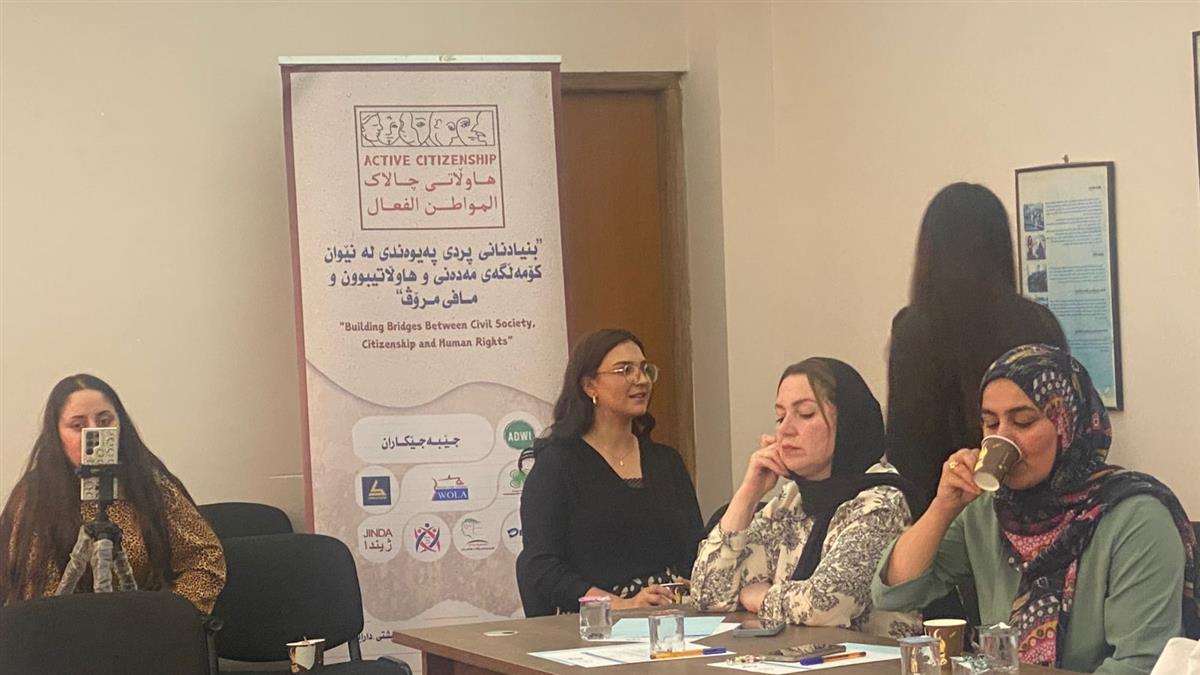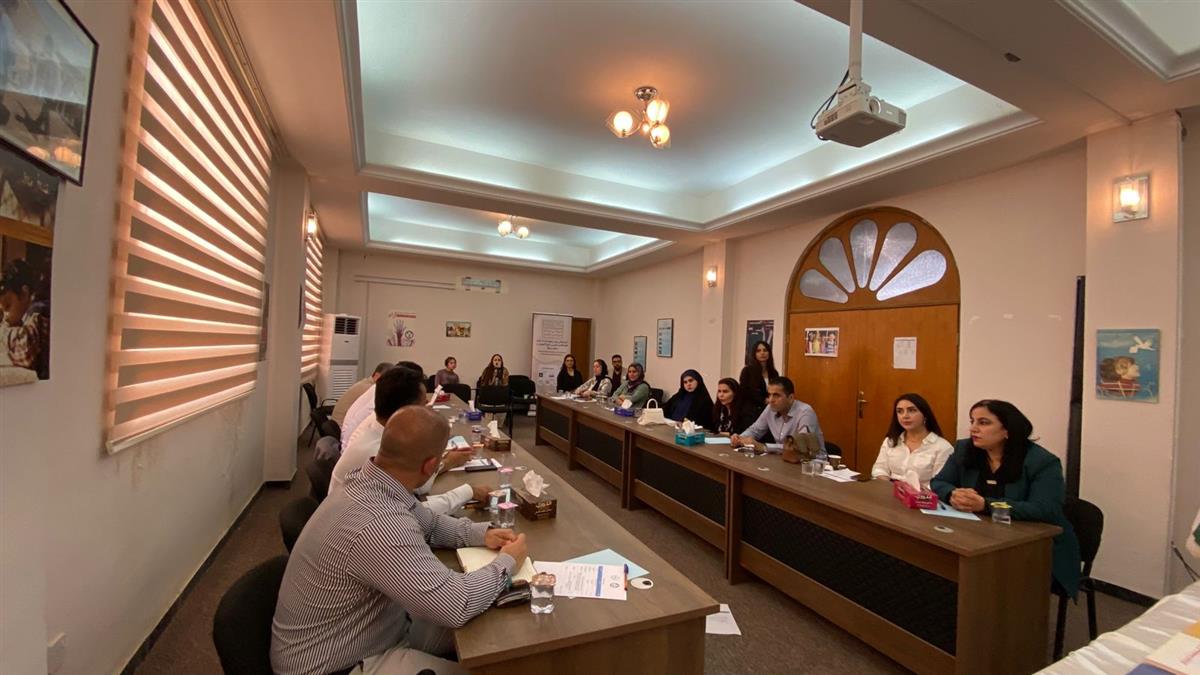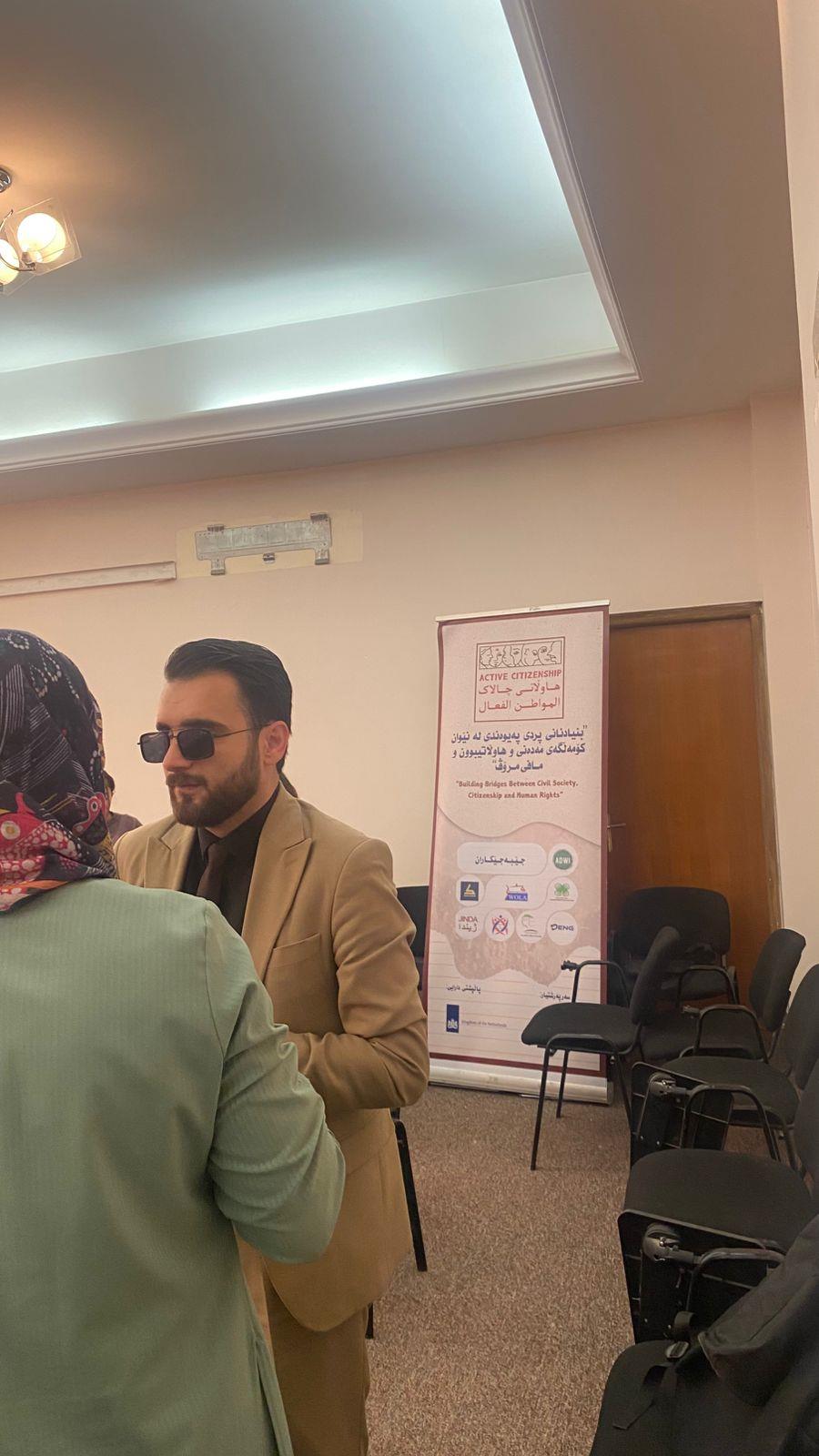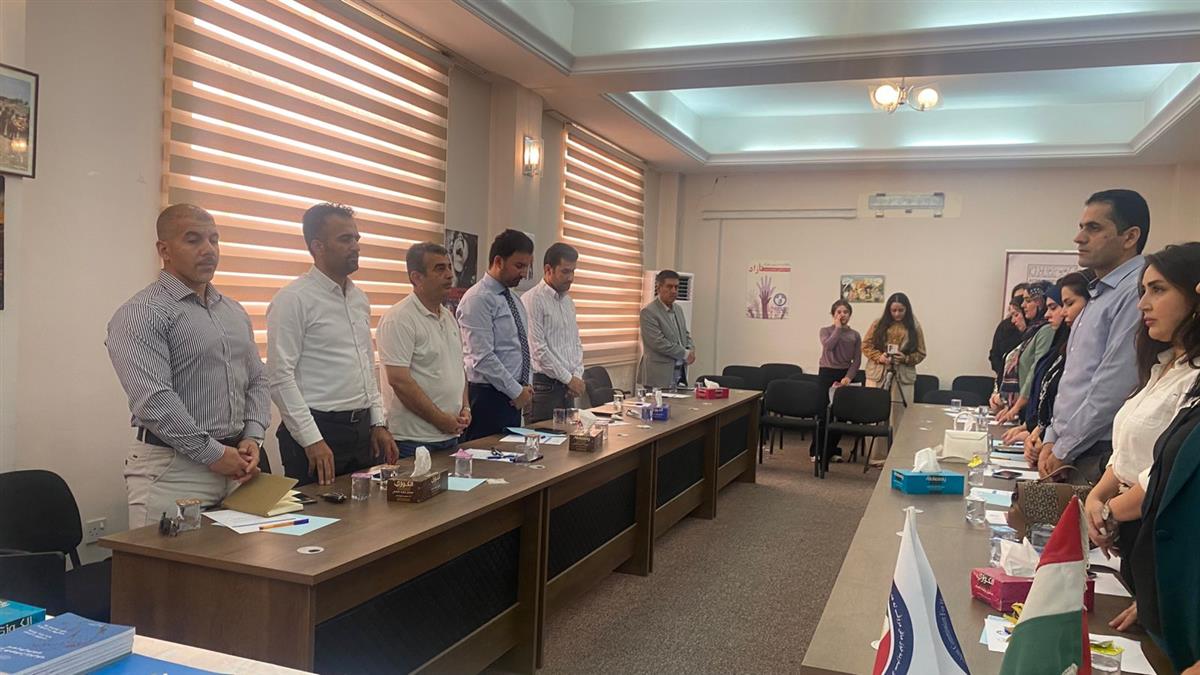Discussion forum on combating drugs under the title: The addict is a patient, not an accused person.
2025-07-04
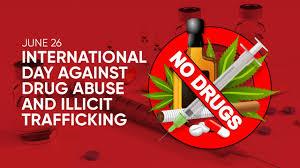
the Discussion Forum on Combating Drug Abuse
Title: "An Addict Is a Patient, Not a Criminal"
Date: June 26, 2025
Location: Sulaymaniyah Governorate
Organizers:
- Human Rights Commission in Sulaymaniyah
- Public Aid Organization (PAO)
- Human Network for Health and Humanitarian Work
Introduction
As part of ongoing efforts to address the growing phenomenon of drug abuse and reduce its devastating impact on individuals and society, the Human Rights Commission in Sulaymaniyah, in partnership with the Public Aid Organization and the Human Network for Health and Humanitarian Work, organized a discussion forum titled "An Addict Is a Patient, Not a Criminal."
The forum witnessed broad participation from stakeholders and concerned entities, including representatives of civil society organizations, university professors, psychologists and therapists, youth groups, and members of the general public.
Forum Topics
1. Introduction to Narcotic Substances:
The types of drugs currently prevalent in Iraq—particularly in the Kurdistan Region—were presented, with an explanation of their chemical properties and their direct and indirect effects on users.
2. Negative Impacts of Drug Abuse:
- Health: Development of chronic psychological and neurological disorders, and diminished capacity to work or function.
- Social: Family breakdown, rising domestic violence, and social isolation.
- Legal: Increased criminalization, incarceration, and marginalization.
- Economic: Financial hardship due to the cost of drugs, leading to poverty and debt.
3. Documentary Film Screening:
A short documentary was shown, portraying the real-life tragedies of drug victims and presenting stories of young people who lost their futures due to addiction.
Discussions and Interventions
Following the presentations, the floor was opened for discussions. Participants offered valuable contributions, including academic insights from specialists in psychology and sociology, inputs from civil society actors, and testimonies from affected families.
Key points raised included:
- The need to treat addicts as patients in need of care, not criminals.
- The lack of specialized rehabilitation centers and limited access to psychological support services.
- The importance of sustained awareness campaigns targeting schools, universities, and neighborhoods.
- The role of families and communities in early detection and support.
Recommendations and Outcomes
1. Establish free and government-supported treatment and rehabilitation centers for drug addicts.
2. Implement regular awareness campaigns targeting youth in schools and universities.
3. Advocate for legal reforms that prioritize treatment over punishment for drug users.
4. Promote stronger cooperation among civil society, health institutions, and law enforcement.
5. Develop a comprehensive database to monitor addiction cases and trends.
6. Encourage media outlets to adopt a narrative of support and awareness rather than stigma.
Conclusion
The forum concluded with a shared commitment from all participants to continue collaborative efforts in combating this critical issue. There was strong consensus that addiction is a complex psychological and social crisis, and those affected deserve a chance at recovery and reintegration into society.
For more information or to get involved
Please contact the organizing institutions through their official platforms
